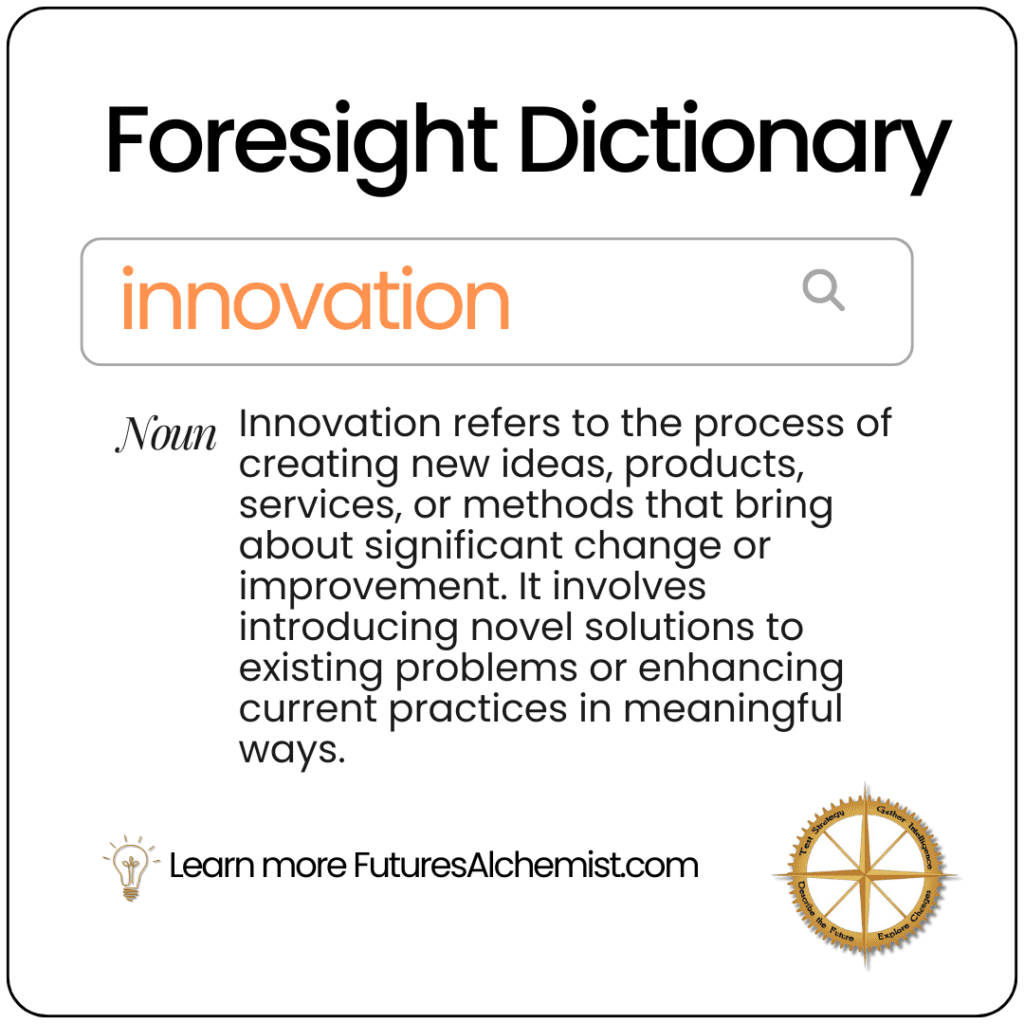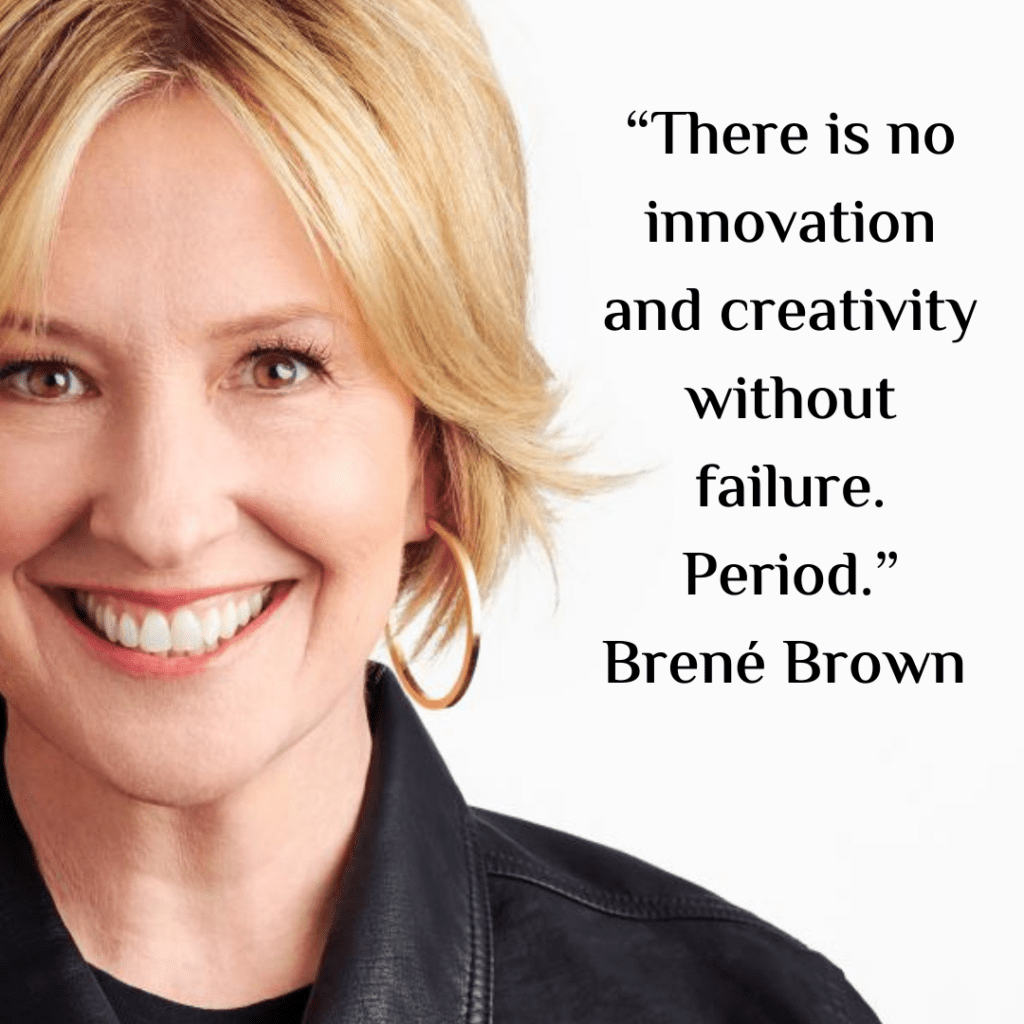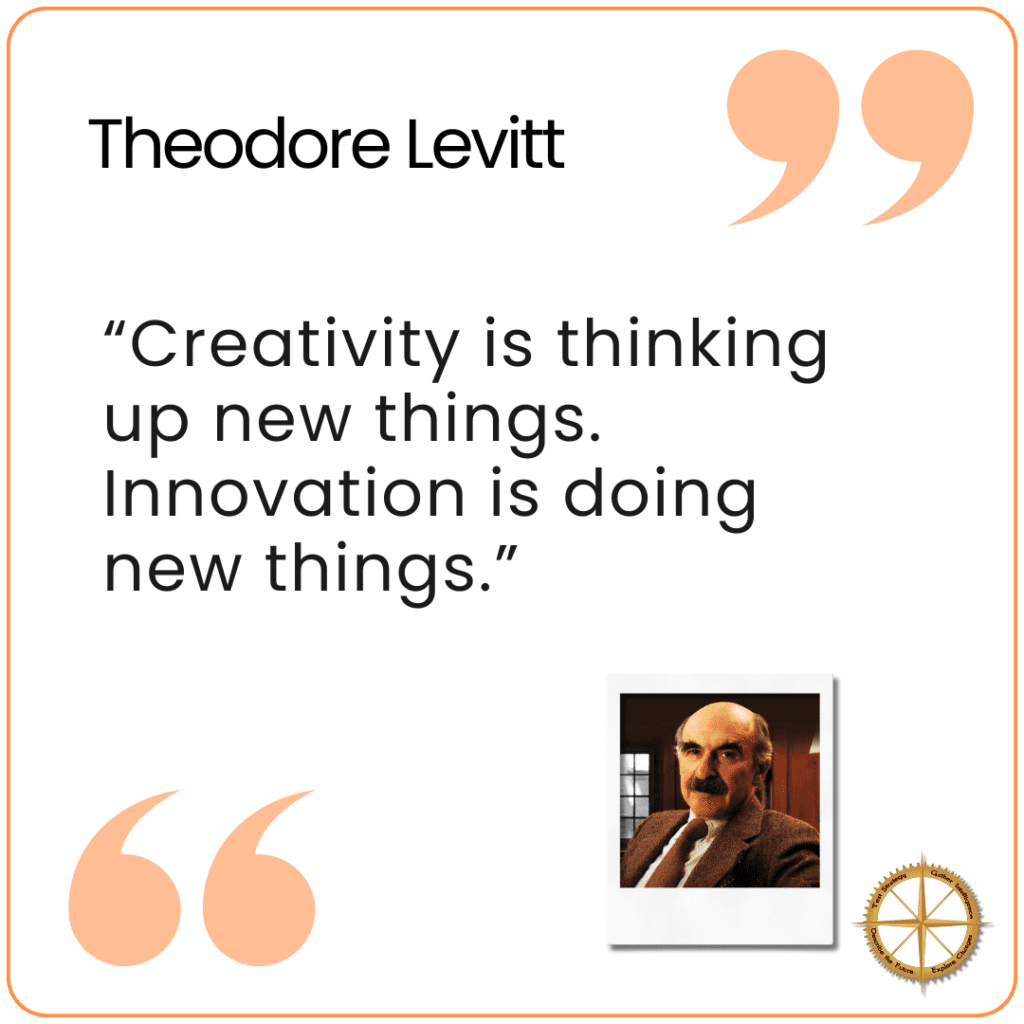

Definition
Innovation refers to the process of creating new ideas, products, services, or methods that bring about significant change or improvement. It involves introducing novel solutions to existing problems or enhancing current practices in meaningful ways.
Tools
Design Thinking: A problem-solving approach that encourages user-centred innovation by understanding customer needs, brainstorming solutions, and prototyping.
Blue Ocean Strategy: A strategic tool for innovating by creating uncontested market spaces.
TRIZ (Theory of Inventive Problem Solving): A methodology that helps find innovative solutions by analysing patterns in problems and solutions across industries.

Ask yourself
- What problems are we currently facing that innovation could solve?
- How can I foster a culture of innovation in my team or organisation?
- What are the risks of not innovating in my field or industry?
- Can innovation come from rethinking old ideas or improving existing solutions?

Comparing Innovation and Invention
Innovation:
- Definition: Innovation refers to improving or building upon an existing idea, product, or process. It focuses on introducing something new to a context in a way that adds value or solves a problem.
- Example: The smartphone (an innovation) evolved from the invention of the mobile phone, combining internet, apps, and touchscreens to improve upon the original idea.
- Focus: Innovation is often market-driven, aiming to meet consumer or societal needs, and is typically more about application and improvement.
- Risk Level: Moderate risk, as it often builds on existing inventions or ideas.
- Business Impact: Innovation leads to commercial success, as it improves usability, accessibility, or functionality.
Invention:
- Definition: Invention is the creation of something entirely new that did not previously exist, often based on scientific or technical discovery.
- Example: Thomas Edison’s light bulb is an invention because it was a completely new creation at the time, offering a new way of lighting homes and businesses.
- Focus: Invention is idea-driven and usually happens in the realm of research and experimentation, often without immediate concern for its market or societal fit.
- Risk Level: High risk, as it introduces a completely new concept or technology.
- Business Impact: Inventions can disrupt markets, but their success depends on further innovations that make them practical, usable, or accessible.
Key Differences:
- Innovation builds upon inventions to make them commercially viable, improve their functionality, or adapt them to real-world needs.
- Invention is the genesis of a new concept or technology, while innovation is the process of refining and applying it to benefit users.



